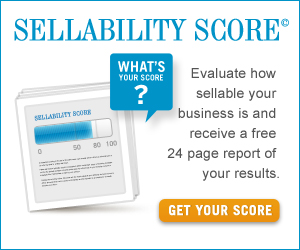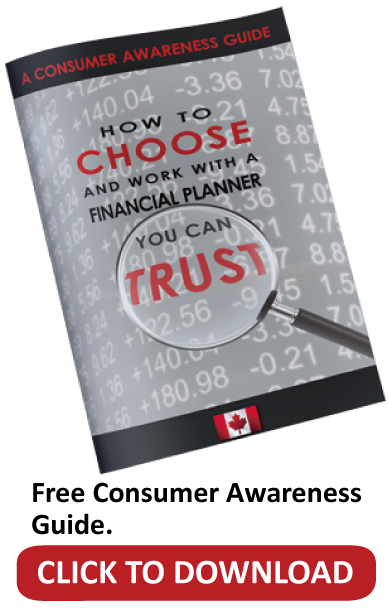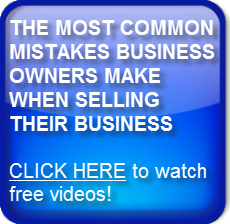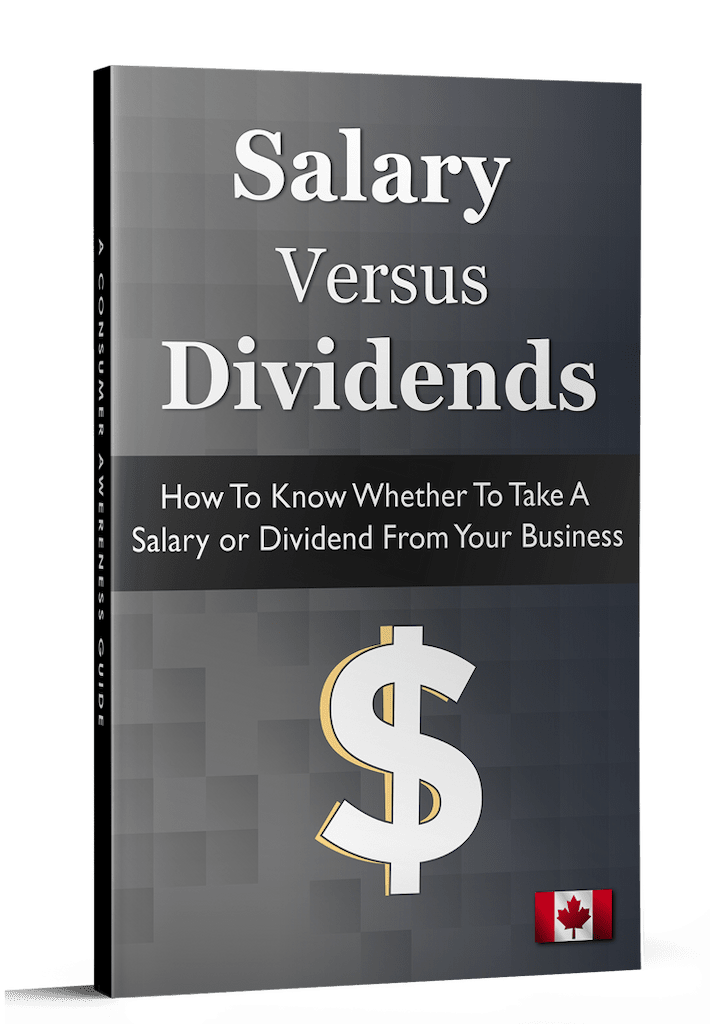Republished with permission from Built to Sell Inc.

Photo by: Footage Firm, Inc.
One of the most intimidating aspects of selling your business can be facing the barrage of questions during the various management presentations you’ll be doing for potential acquirers. Be prepared to be grilled on all facets of your operations.
Of course every meeting will be different, but here are some questions you can expect to be asked when you’re in the hot seat:
1. Why do you want to sell your business?
It’s a slippery question because if your business truly does have a bright future—and you want the buyer to believe that’s the case—the obvious question is: “Why do you want to sell it, and why do you want to sell it now?”
2. What is your cost per new customer acquired?
The potential acquirer wants to find out if you have a predictable, economical and scalable formula for finding new customers.
3. What is your market penetration rate?
The acquirer, with an eye to future growth, is trying to understand how big the potential market is for your product or service and what part of the field remains to be harvested.
4. Who are the critical members of your team?
The acquirer wants to understand the breadth and depth of your team and determine specifically which members need to be motivated and retained post-purchase.
 5. Who buys what you sell?
5. Who buys what you sell?
Strategic buyers will be searching for any possible synergies between what you sell and what they sell. The more you know about your customer demographics, the better the buyer will be able to assess the strategic fit. If your customers are other businesses, a buyer will want to know what functional role (e.g., training manager, VP of sales and marketing) buys your product or service.
6. How do you make what you sell?
This question is asked in an effort to size up the uniqueness of your formula for creating your product or service. Potential buyers want to know if you have any proprietary systems that would be hard for a competitor to replicate. For various reasons, they will also want to understand if the creation of your product or service is dependent on any one person.
7. What makes your product truly unique?
A buyer is trying to understand how big the moat is around your business and what kind of protection it offers from competitors who may decide to compete with you in the future. What have you done to safeguard yourself against the competition?
8. Can you describe your back-office setup?
Most buyers will try to understand how easily they can integrate your back office into their operation. They’ll want to know what bookkeeping and billing software you use, how customers pay, and how you pay suppliers.
Of course this is not an exhaustive list, but it’s a good start when you’re preparing to represent your company to your potential buyers.
Why not find out now if your business is sellable?
This free online tool is the only no-risk step you can take to determine if your business is ready to get full value. Fast-track your analysis by taking advantage of this free, no-obligation free online tool.
This Sellability Score you instantly receive is a critical component to any business owner’s complete financial plan and is something that, until now, we have only made available to existing clients.
However, we recognized that there is value in knowing in advance of working with a financial planner whether or not your largest asset is ready to be exchanged for your retirement nest egg. Our view is that you are better to learn more about your businesses sellability today and find out how your business scores on the eight key attributes so that you can ensure you obtain full value.
If your business part of your retirement plan, finding out your sellability score will be the best 10 min. you could ever spend working “on” your business.
Take the Quiz here: The Business Sellability Audit
 For more free information on Creating A Business Owner’s Dream Financial Plan, you can listen to a free, eight part series we did exclusively for business owners. The show is also available to subscribe to for free via iTunes.
For more free information on Creating A Business Owner’s Dream Financial Plan, you can listen to a free, eight part series we did exclusively for business owners. The show is also available to subscribe to for free via iTunes.





 You may be years away from selling your business, but it’s never too early to understand what the process involves.
You may be years away from selling your business, but it’s never too early to understand what the process involves. 2. Nurture and prepare a group of 10 to 15 “reference-able” customers.
2. Nurture and prepare a group of 10 to 15 “reference-able” customers. Is Now the Time To Sell Your Business?
Is Now the Time To Sell Your Business?








